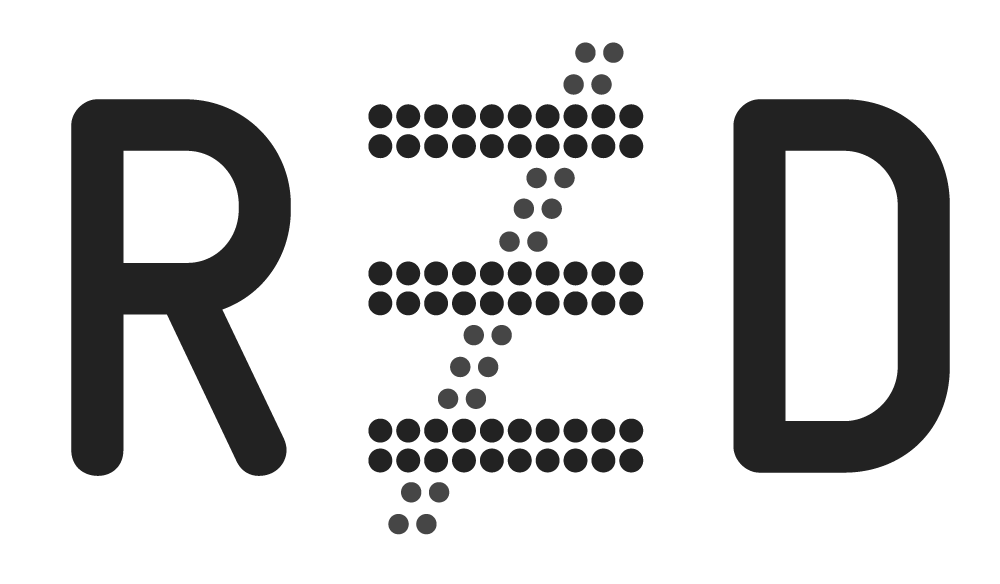After we were able to visit classes at two schools for our participant observation over a period of two months in spring this year, the second phase of our field research finally begins this week. This time we will visit classes in three different schools. The German school system separates students after primary school into different types of schools based on their previous academic performance and their anticipated academic potential. The German school landscape is accordingly segregated and certain socio-economic and socio-cultural inequalities are inscribed in and reproduced by this system. We visit three of these types of schools to understand how different schools encounter digital educational technologies in their everyday school life and to what extent these educational technologies reinforce or mitigate inequality.
The first field research showed: The digital infrastructure, the equipment with digital devices and also the students’ and teachers’ digital competence differ dramatically between schools. But also within schools, a broad spectrum of digital practices can be observed: While some students use digital technologies to translate tasks into their first language and thus participate in class, other students use digital technologies to escape from class (with the help of video games or music). We also find it interesting to look at the non-use of technology. Students do not use their devices for various reasons: because they don’t want to (and want to concentrate on other teaching elements instead), because they don’t know how to (and first have to learn how to use keyboards or certain apps), because they can’t (and the internet at school is down) or because they are not allowed to (and have been forbidden to use a tablet because of diagnosed addictive behaviour). We want to follow all these tracks in our second ‘fieldwork’.
We are particularly looking forward to conducting a workshop with our school classes at the end of these visits, in which we also hope to gain insights into the students’ data practices. Data inequality – a currently under-researched aspect of digital inequality – is of immense interest to us at RED. It is here that a global perspective is needed, which we develop through regular exchanges with our international colleagues who are also currently visiting schools.
Photo by Dan Dimmock on Unsplash
